High Aluminum Ceramic Foam Filter can effectively filter non-metallic inclusions and impurities in molten metal.
The ceramic filter can adjust the turbulence and provide laminar and stable melt flow in the casting system, thereby reducing entrained gas, pinholes, mold corrosion and sand defects.
Therefore, filtration improves the microstructure uniformity, mechanical properties, processability, surface quality and performance of the final product. Generally, ceramic filters help to produce higher quality products through a simple casting system, and reduce production costs by reducing casting defects and rejects.
High Aluminum Ceramic Foam Filter is a special type of porous material with interconnected porous structure.
The porous microstructure provides a large filtering surface area, which is suitable for high collection efficiency.
Features such as good chemical resistance and high thermal stability at high temperatures provide the best conditions for filtration during the casting process.
The filter can be used in the filter box of the gating system and poured directly on the filter.
Ceramic foam filters are produced using common imitation technology (polyurethane polymer sponge method).
The method includes immersing the polymer sponge in the ceramic slurry, then removing the excess slurry, drying, pyrolyzing and burning off the polymer substrate, leaving a cross-linked porous structure, and keeping it under suitable atmospheric and temperature conditions. Sintering is performed below for final densification.
High Aluminum Ceramic Foam Filter is a commonly used filter tool in the aluminum and non-ferrous alloy smelting industry.
Made of high-purity alumina (Al2O3), this filter provides deep bed filtration to remove a large amount of impurities in the aluminum melt, and works at a dumping temperature of up to 2000°F.
The mesh filter provides thorough and deep filtration to remove impurities in molten aluminum or non-aluminum. Black alloy flow.
It has excellent resistance to high thermal shock, while maintaining effective removal of impurities through continuous and thorough filtration.
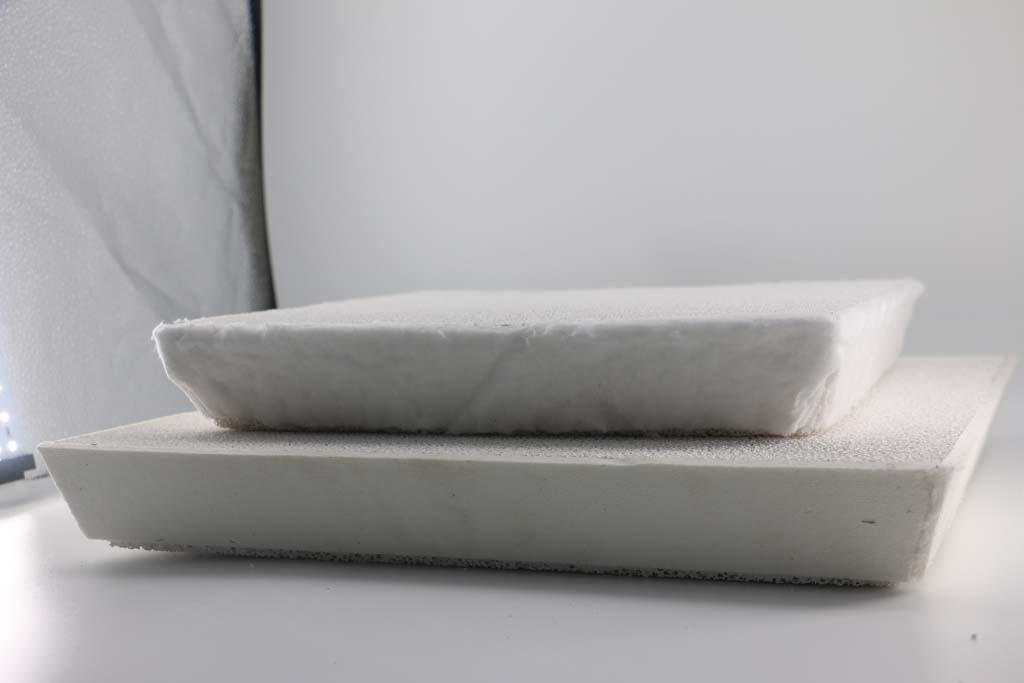

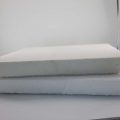

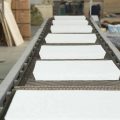
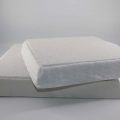
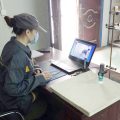
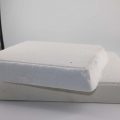
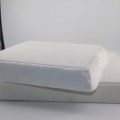
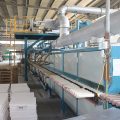
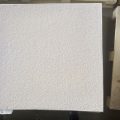
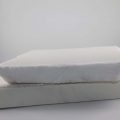
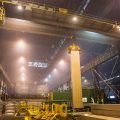
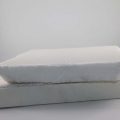
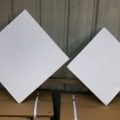

[…] China Foundry Filter is made by high temperature sintering of high-adsorption molten aluminum foam ceramic filter (CFF). Installed in the filter box to filter impurities in the aluminum alloy liquid to meet the […]